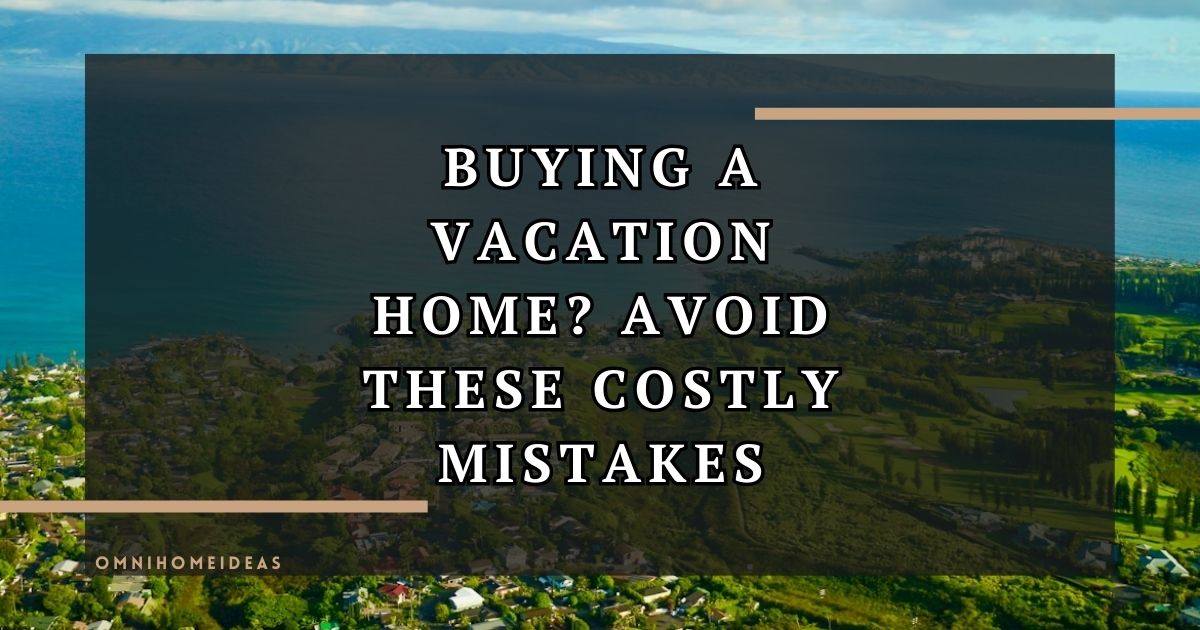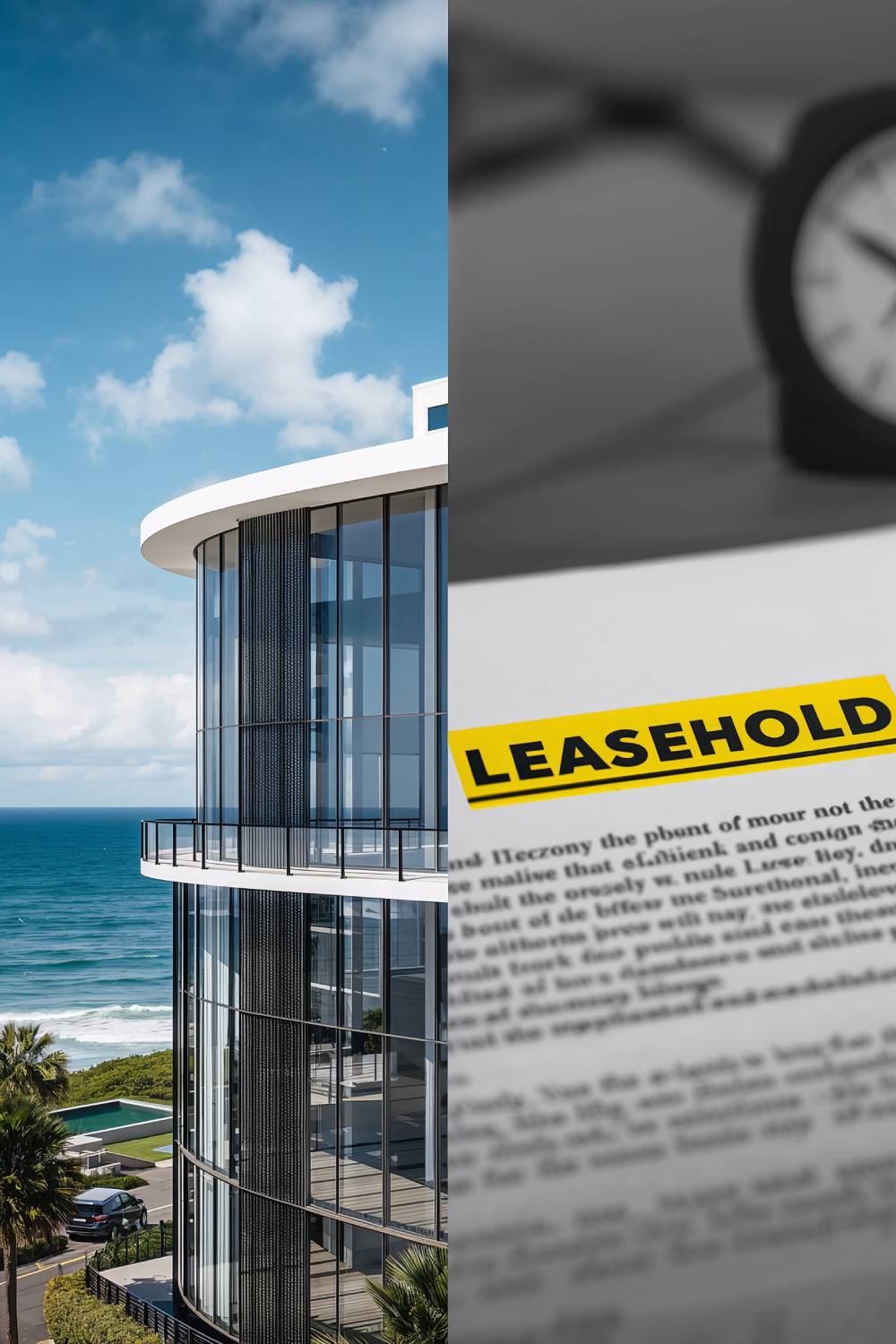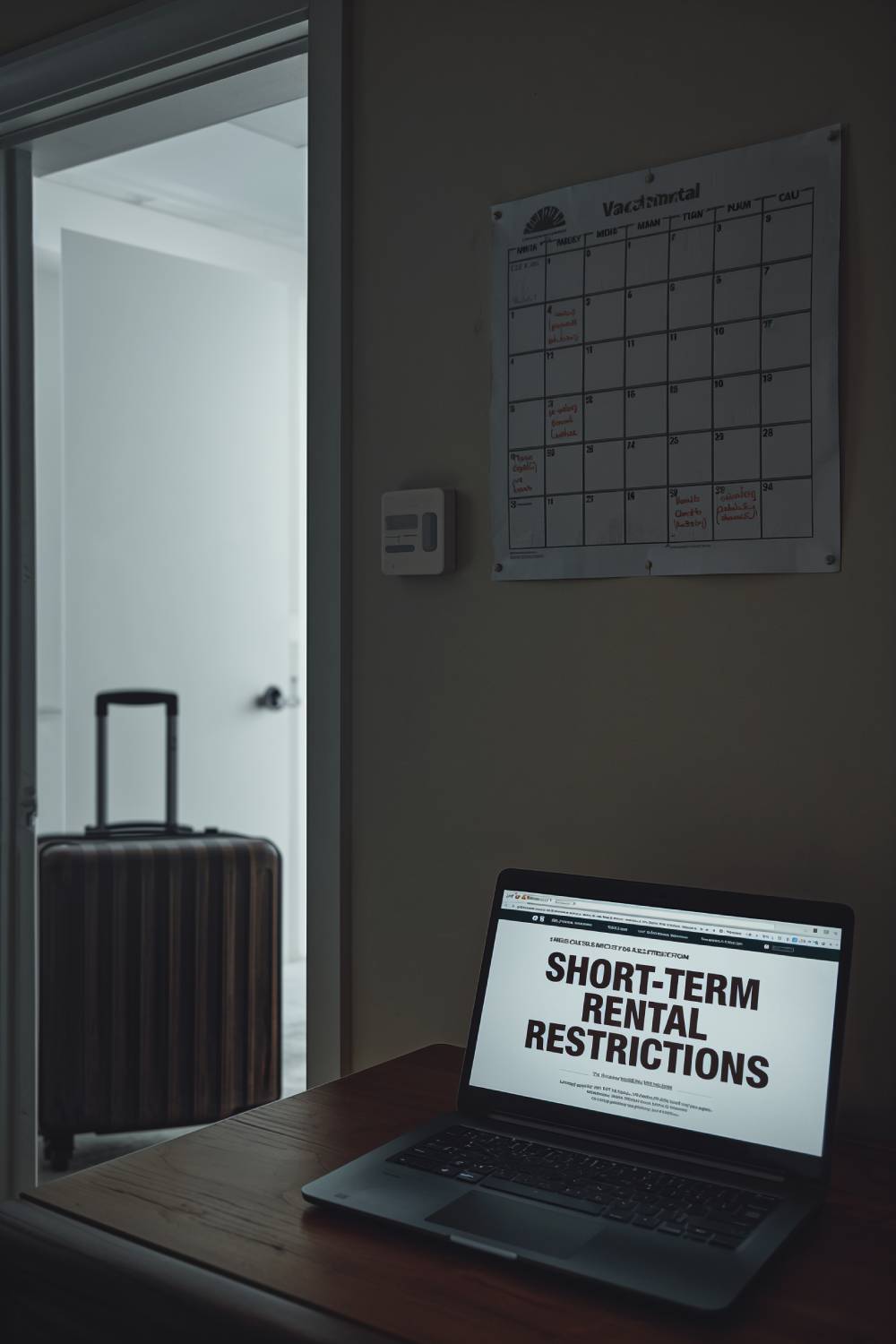Ever toured a beachfront condo on a sunny island and thought, “This is it!” only to later realize you forgot to ask about half the things that matter? It happens more often than you think. The appeal of a vacation home in a place like Maui is hard to resist—warm breezes, blue water, and all the Instagram-worthy sunsets you could want. But when excitement takes over, practical thinking often takes a back seat.
Maui is a perfect example of this. It’s one of the most visited vacation destinations in the U.S. It offers top-tier resorts, amazing beaches, and year-round appeal for tourists and second-home buyers. But that popularity comes at a price. Demand is high. Inventory is limited. And what looks like a deal might hide details that can cost you later. Whether you’re dreaming of a condo in Kihei or a quiet home near Upcountry, the way you buy matters just as much as what you buy.
In this blog, we will share how to avoid the most common mistakes people make when buying in high-demand vacation markets, what details often get overlooked, and how to protect your investment from unexpected surprises.

Know What You’re Actually Buying
One of the easiest traps to fall into is not understanding what kind of ownership you’re stepping into. In places like Maui, the word “ownership” doesn’t always mean you own the land. You might be looking at a leasehold property in Maui, which means you’re buying the right to use the home or condo for a set amount of time, but someone else still owns the land underneath.

This matters. That same oceanfront condo that seems like a steal at $525,000 might be priced that way because the lease only has 20 years left. And when that lease runs out? You either renegotiate under entirely new terms or lose the rights altogether.
The lease usually includes ground rent that goes up every 10 to 15 years. That means your monthly costs aren’t fixed the way they might be with fee simple ownership. You also need to be clear on financing. Many lenders won’t offer long-term mortgages for homes with short leases remaining. So while the price tag might draw you in, the long-term cost and risk need close attention.
This is why it’s so important to work with a real estate agent who knows the local market. They can explain the differences between ownership types and help you make sense of lease terms, renegotiation clauses, and long-term risks. Not all leasehold properties are bad investments—but not all are created equal either.
Tourism Isn’t Always Predictable
If you’re buying with the idea of renting the place out short-term, you’re not alone. Vacation rentals can seem like the perfect way to cover your mortgage and spend a few sunny weeks a year in your own place. But recent trends show that this plan isn’t foolproof.

Tourism patterns have shifted. During the pandemic, demand vanished overnight. That was followed by a record-breaking rebound. But now, many destinations are seeing tourists behave differently. Travelers are booking shorter stays, planning last-minute trips, and becoming more selective. Meanwhile, cities and counties across the U.S. are introducing rules that limit or regulate short-term rentals.
In Maui, these regulations already exist. Certain areas are zoned for vacation rentals, and others aren’t. You can’t assume your future rental income just by looking at the view or the distance to the beach. Make sure the property is legally allowed to operate as a short-term rental, and understand what rules apply. That includes taxes, registration, and even guest limits.
If you plan to rent long-term instead, be prepared for seasonal vacancies. High-demand markets tend to fluctuate with tourism seasons. Owning a home in paradise doesn’t mean it’s always full—or profitable.
Future Value Isn’t Guaranteed
Another common mistake is thinking vacation homes always go up in value. That might feel true after the last few years, but markets change. Maui, for example, saw a surge in real estate prices as remote work took off and people looked to escape dense urban living. But now, mortgage rates are higher, insurance costs are rising, and some buyers are waiting on the sidelines.
Properties in prime locations usually hold their value better, but even that isn’t guaranteed. Leasehold homes lose value as the lease term shortens. Homes without clear rental permits can be harder to sell. And major events—like wildfires, economic downturns, or zoning changes—can all impact the market unexpectedly.
That doesn’t mean you shouldn’t buy. It means you should be clear about your goals. Are you looking for a second home, an investment, or both? Is your plan short-term cash flow or long-term equity? Your answer should shape what you’re willing to pay, how long you’re planning to own it, and what trade-offs make sense for your lifestyle.
Have a Local Backup Plan
One of the smartest things any buyer can do in a vacation market is build a relationship with someone local who can help. Whether it’s a property manager, a contractor, or a neighbor, having a reliable point of contact makes a huge difference when you’re not around. If a pipe bursts, you don’t want to hear about it from a guest two days later.

Some areas offer co-hosting services for short-term rentals. Others have local companies that specialize in remote owner support. Either way, don’t assume you can manage everything from across the country. Set up systems, people, and protocols to keep things running smoothly.
Also consider how natural events might affect your plan. Places like Maui deal with everything from hurricanes to wildfires. Make sure you have good insurance, clear emergency contacts, and a plan for how you’ll respond if something goes wrong while you’re not on the island.
Don’t Let Emotion Overrule Strategy

It’s easy to let a view, a vibe, or a vacation memory drive your decision. But high-demand markets require more than just heart—they require a smart plan. Ask tough questions. Read every document. Know the zoning, the lease terms, and the future costs. Understand what could go wrong, not just what looks good.
Buying in a dream location can absolutely be worth it. You just want to make sure you’re stepping into that dream with your eyes wide open and your budget firmly grounded in reality.
There’s nothing wrong with wanting a slice of paradise. But if you want to avoid the usual regrets, stay curious, ask questions, and don’t assume the market will do the work for you. A smart buyer is a prepared buyer—and in places like Maui, preparation is what turns a good purchase into a great one.

